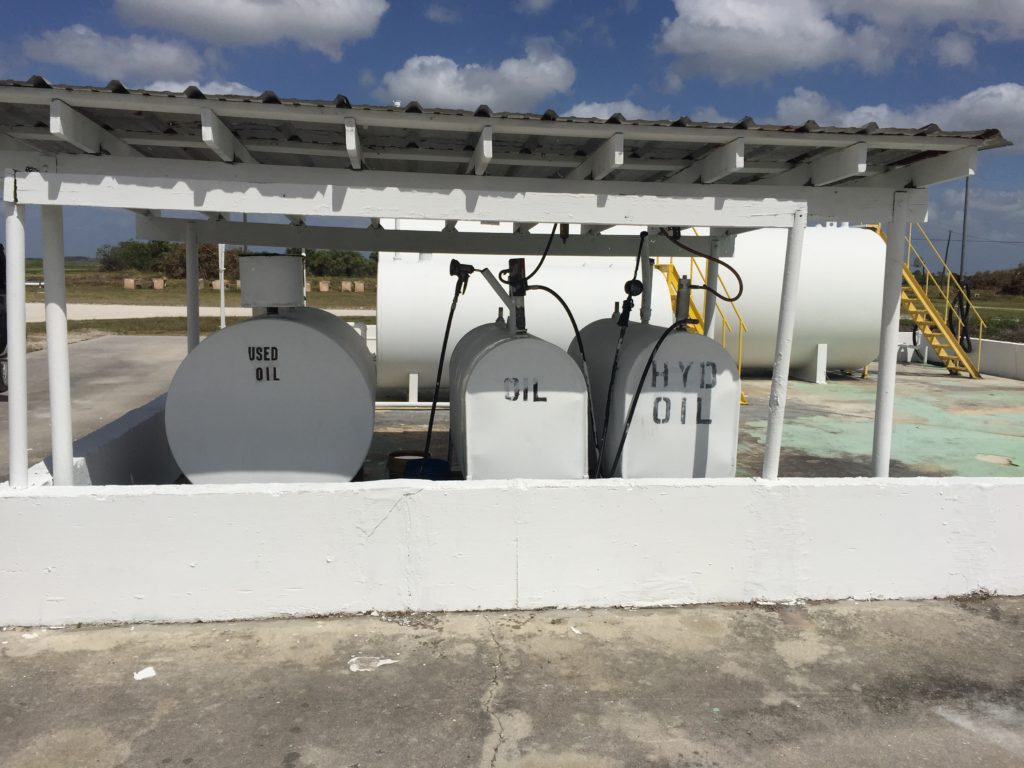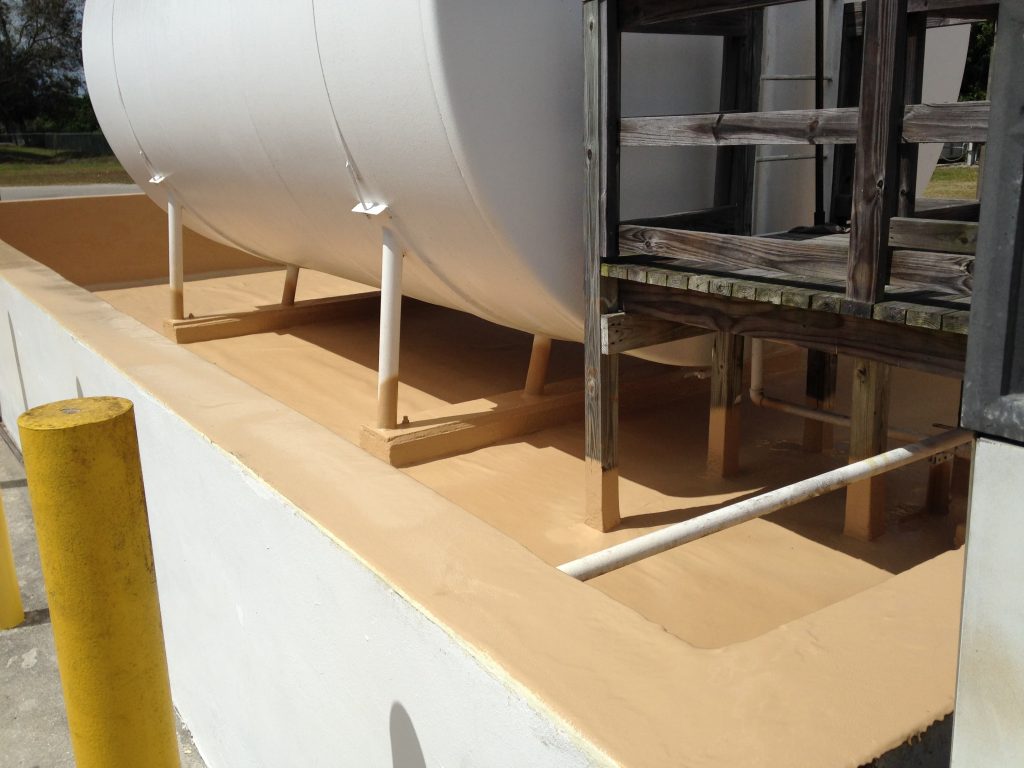Spills (SPCC)
Oil spill prevention, control and clean-up is mandated by the EPA
An oil spill of only one gallon can contaminate 1,000,000 gallons of water. Due to the danger oil spills cause to public health and the environment, every effort must be made to prevent oil spills and to clean them up promptly once they occur. The EPA’s Spill Prevention, Control, and Countermeasure (SPCC) rule was published in 1974 as part of the Clean Water Act. The purpose of the SPCC is to help facilities prevent a discharge of oil into navigable waters or adjoining shorelines. The SPCC rule requires facilities to develop, maintain, and implement an oil spill prevention plan, called an SPCC Plan. These Plans help facilities prevent oil spills, as well as control an oil spill should one occur. The Plan must be maintained at the location of the facility that is normally attended at least four hours per day.

Do you need an SPCC Plan?
SPCC applies to a facility that:
- Stores, transfers, uses or consumes oil or oil products, such as diesel fuel, gasoline, lube oil, hydraulic oil, adjuvant oil, crop oil, vegetable oil or animal fat; and
- Stores more than 1,320 U.S. gallons in total of all aboveground containers (only count containers with 55 gallons or greater storage capacity) or more than 42,000 gallons in completely buried containers; and
- Could reasonably be expected to discharge oil to navigable waters of the U.S. or adjoining shorelines, such as lakes, rivers, and streams.
If the oil storage capacity on the facility is less than 10,000 gallons total, a facility can self-certify a plan and do regular self-inspections and be in compliance. The plan does not need to be filed with the EPA.If over 10,000 gallons in total oil storage capacity, you will need a professional engineer to certify your plan.

Our engineers can help
The professionals at AMRC can help you develop a unique SPCC plan that addresses:
- Operating procedures that prevent the release of contaminants
- Control measures installed to prevent an oil spill from reaching navigable waters; and
- Countermeasures to contain, clean up, and mitigate the effects of an oil spill that reaches navigable waters.
Customized Turnkey Environmental Services Are Just A Call Away. We’re Ready For You!